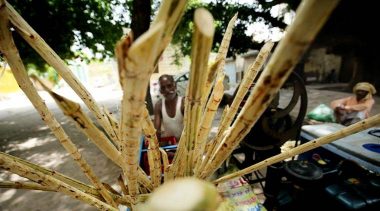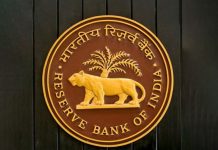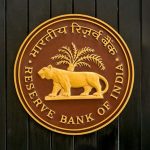Maharashtra was one of the first states in the country to accept and implement a revenue sharing formula (RSF) for the sugar sector in the 2016-17 season. The formula was suggested by the C Rangarajan Committee, which was set up to shield the sugar sector from price volatility and to suggest ways to help mills pay growers on time. The formula, however, seems to have remained largely on paper.
The committee had suggested that the revenue should be shared between the grower and the mill. The RSF is calculated by deducting the revenue of the opening stock (sugar stock with the mill at the start of the season) from the closing stock (sugar stock once the season ends) and adding the sales realisations during the season.
The panel had suggested that 75 per cent proceeds from the sale of sugar should go to growers while the rest should remain with the mill as their operational expenses. While the recommendations of the committee were accepted in 2013-14, it was first implemented for the 2016-17 season due to better realisations.
The Cane Control Board (CCB) was to be the final authority to decide on RSF. Chaired by the chief secretary of the state, the CCB has representatives from both growers’ and millers’ groups. For the 2016-17 season, CCB had finalised RSF payment worth Rs 96 crore. However, at the recent meeting of the Board, it was revealed that 20 of the 29 mills are yet to pay their share of the RSF. During the meeting, it was decided that a special committee of experts, along with an auditor, will review the way RSF was calculated.
While several mills have challenged the manner in which RSF has been calculated, the courts have not issued any stay order in any of the cases. Speaking on the condition of anonymity, some millers expressed concerns over the way RSF was calculated.
The sharp price volatility during the 2016-17 season had led to ex-mill prices shooting above the Rs 36 per kg mark. Due to the scarcity of cane, many mills had not taken season that year, but still had large stocks of unsold sugar. “A mill that did not take season but had unsold stock was supposed to pay a large amount, as per the RSF. The manner in which the calculations were done was wrong,” said a miller from Pune.
Meanwhile, RSF for the 2017-18 season is yet to be calculated. Pralhad Ingole, CCB member and president of the Swabhimani Shetkari Sanghathan’s Nanded unit, said it was not fair to delay RSF payments. “For mills whose payments end up being inordinately high, special exceptions can be made,” he said.
Ingole also said mills that fail to clear their RSF payment should not be issued crushing licenses.












